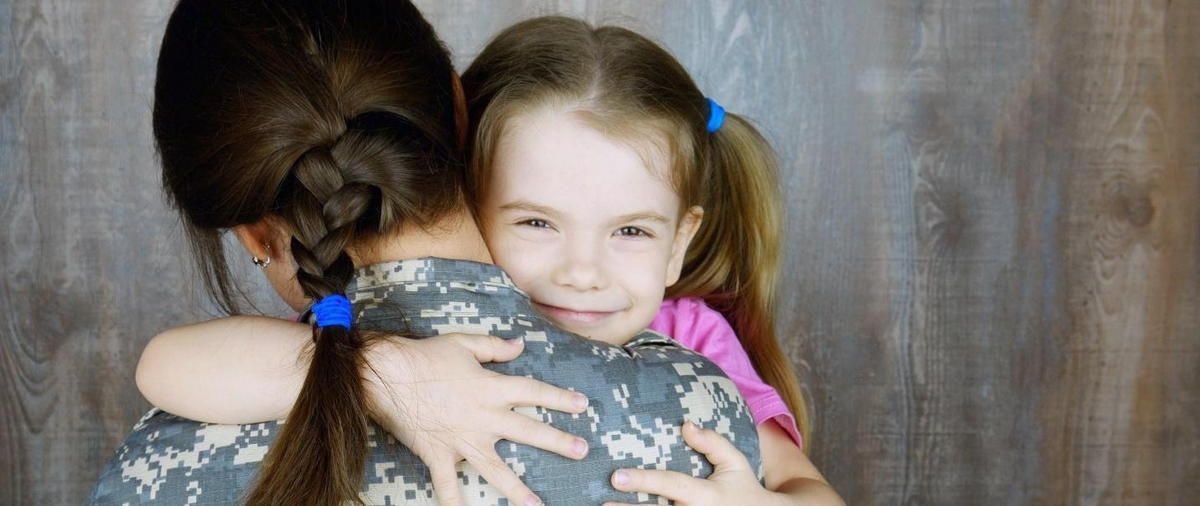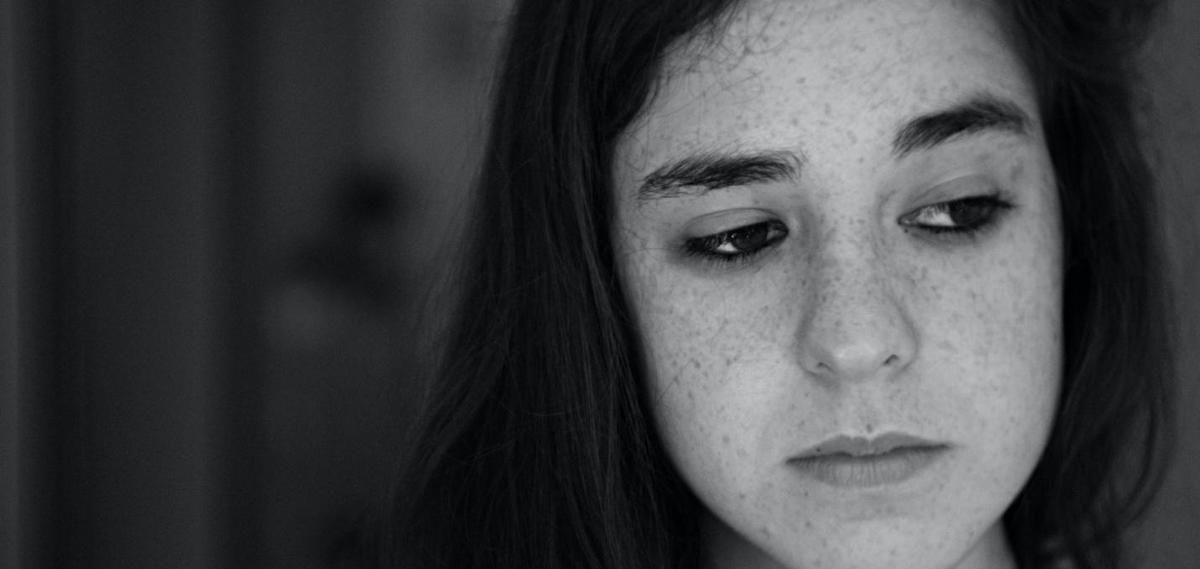Is your child just anxious, or does she have Obsessive Compulsive Disorder?
Is your child just anxious, or does she have Obsessive Compulsive Disorder?
Is your child prone to taking things more seriously than other kids of their age?
Does he count, check, wash or clean himself or other things over and over?
Does your child have seemingly irrational fears that you cannot soothe no matter how much you try to reassure them?
Do they engage in strange, repeated behaviors that interfere with family life?
For example, a child might be worried that their hands got dirty, so they may wash them twice or even three times just to make sure that they are clean. This is entirely normal.
But what if your four-year-old son is so afraid of contaminating germs that he is washing his hands more than necessary? Even 20 or 40 times during a day?
Another instance could be that your five-year-old daughter is so scared of a robber breaking into your house that this fear will not let her sleep until she checks all the doors and windows multiple times each night.
There could be several other scenarios where your child experiences thoughts that are out of their control or might engage in seemingly strange behaviors repeatedly because they feel a strong urge to do it regardless of whether they want to.
It is normal for children to have worries and doubts as they grow up, but if these fears turn into obsessions and make it harder for them to live a relaxed and comfortable life, then it could mean that they could be suffering from an anxiety disorder, particularly Obsessive-Compulsive disorder.
OCD affects around 4% of children all around the U.S, and many of its symptoms start early in childhood.
Children often have less insight into the workings of their own minds and may not have the capacity to understand the irrational nature of their thinking and actions.
However, parents educated about their condition can play a vital role in ensuring that they help their child understand the problem early on and adopt a more productive approach towards their OCD, so they do not face more debilitating problems later in life.
Parents who do not know about the symptoms of OCD may take on an inappropriate mindset towards helping their child in distress.
Saying things like “Stop thinking about it,” “Just relax, it’s all in your head,” can make it more difficult for your children to open up about the issues they face. They may internalize that it is wrong to talk about their problems and it can become a hurdle for them to get proper support.
But knowing the signs and getting proper treatment earlier can help reduce the symptoms and make them much more manageable.
Obsessions are unwanted or repetitive thoughts where a child cannot stop worrying no matter how much they want to.
These could include images or urges that pop up again and again and feel as if it is outside of a child’s control not to think about them.
Such as: “My parents are going to die”, or “If I walk barefoot, I’m going to get a terrible disease”.
Your child may know that these thoughts are unrealistic, frightening, and even illogical, but they continue to be bothered by them despite knowing this.
A few symptoms of obsessions in children include:
- Having extreme worries about contaminating germs, being dirty, or getting sick, to a point where they refuse even to touch things.
- Being preoccupied with order and symmetry where they feel as if things must be “just right.”
- Having repeated doubts about something going wrong and checking on it repeatedly, such as whether the door is locked or if the oven is off.
- Always being worried that something bad might happen to them or their parents.
- Often thinking about unwanted, disturbing things, hurting others, or self-harm.
- Having uncontrollable thoughts about aggression or of a sexual nature towards others.
Compulsions are repetitive behaviors that are performed to ease the anxiety caused from obsessive thoughts. These are the behaviors that a child feels that they “must do.” Children with OCD believe that engaging in these behaviors will somehow prevent the bad things from happening.

Compulsive behaviors could include:
- Repeating rituals such as washing hands too much, checking whether the door is locked, rewriting, and erasing repeatedly.
- Only doing tasks in a certain manner and refusing to do otherwise, for example, moving through a doorway stepping with the left foot first or only putting on a selected set of clothes despite having a lot of options in the wardrobe.
- Excessive cleaning and body washing, changing clothes multiple times during the day.
- Leaving chores or tasks midway and starting them repeatedly because they are not in the right order according to them.
- Hoarding or collecting items such as rocks, even when they do not have any value.
- Getting extremely uncomfortable if they get in contact with a “contaminated” thing or a person and then engaging in repetitive behaviors to make themselves clean again.
The symptoms of OCD are often misunderstood in children as disciplinary problems, but OCD is an anxiety disorder that can impair your child, and many of their behaviors are out of their control unless they get help and support.
The exact causes of OCD are unknown, but it is mostly influenced by genetic or hereditary factors. However, it can also be caused by learned behaviors that become a habit when they are used as a relief from anxiety.
Luckily, obsessive-compulsive disorder can also be successfully treated with the help of psychotherapy and medications.
One particularly effective and leading psychotherapeutic strategy for treating OCD in children is Applied Behavioral Analysis (ABA).
ABA involves taking notes of a person’s behavior by observing their stimulus that causes the action (antecedent), their behavior in response to that stimulus, and the consequence of acting due to that behavior.
A trained applied behavior analyst helps a child understand and manipulate their antecedent or consequence in their favor. They do this by engaging the child in behavioral activation that focuses on setting goals and rewards by engaging in more healthy and meaningful behaviors.
This allows the young child to learn effective ways according to their age and understanding and to handle their anxieties and face their fears using rewards.
Similarly, parents are also further educated about how they can effectively help their child and what they can do to make sure both they and their child can work together to achieve the best possible and lasting improvements.

This way, parents become a part of the process and no longer feel helpless. Furthermore, ABA can help your child improve social and academic skills by enhancing communication and attention to their own troubles by helping them manage and decrease the behaviors that cause them problems.
At The Body Image Counseling Center, we have trained behavior analysts on staff who can work with you and your child through video to reduce anxiety and OCD symptoms. The younger you get your child help, the less likely these symptoms will become ingrained and more difficult to remove later in life.
As a parent, you will become less frustrated with your child’s seemingly irrational behavior and know exactly what to do to help them! For a free consult, just contact us at 904-737-3232, or send an appointment request.










